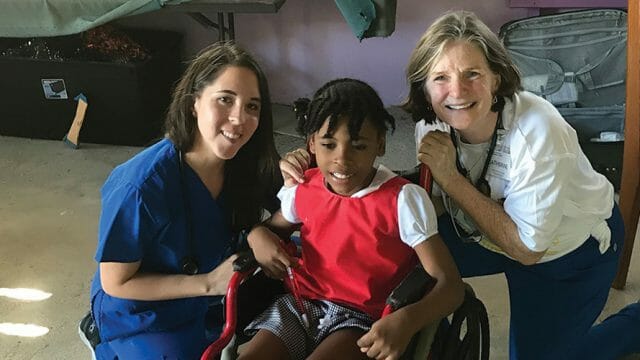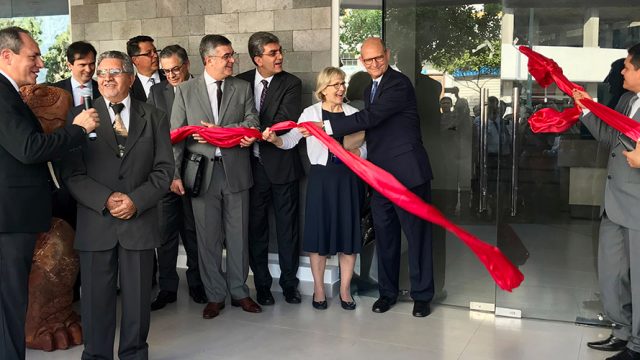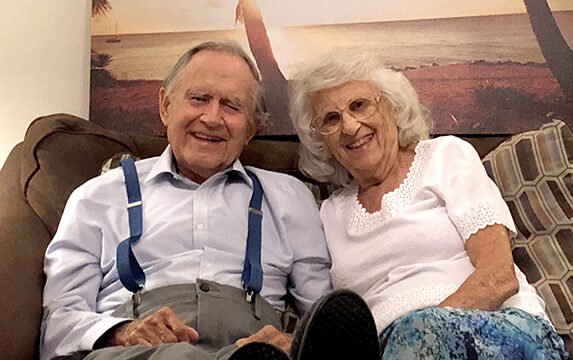Distributed to schools, businesses, and organizations, the machines will benefit 17,000 people.
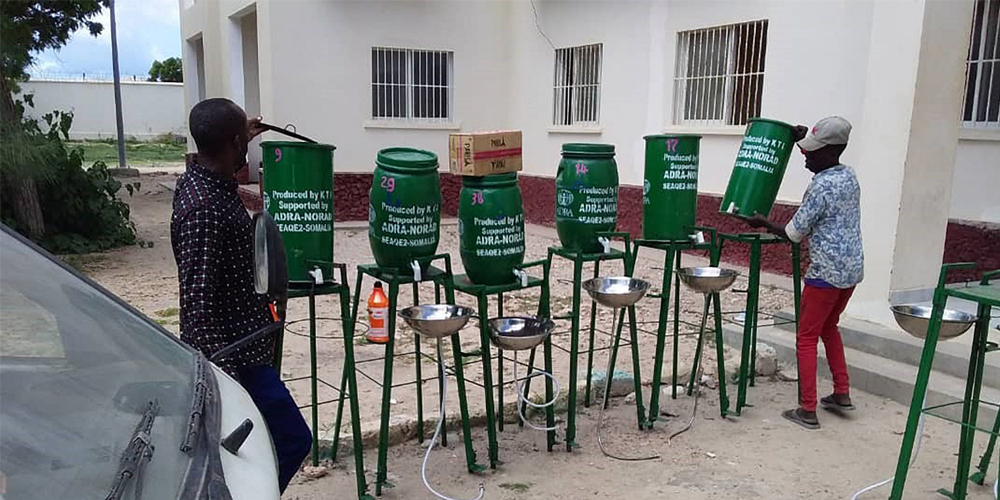
In response to the coronavirus pandemic, students from Kismayo Technical Institute, a technical vocational school in Somalia supported by the Adventist Development and Relief Agency (ADRA), saw an opportunity to create innovative handwashing facilities, in which individuals avoid direct contact with the tap and soap, as water and soap is dispensed through pedalling.
“When I heard how the coronavirus spreads and how we need to wash our hands all the time, I tried to find out a way that we can build an innovative device where one can wash their hands without touching the soap dispenser or water tap,” said Mohamud Mohamed, the initiator of the handwashing facility and a welding graduate from the Institute.
“As washing hands is recommended during this time, so is the need to have a sustainable innovation that is adopted to improve the functioning of an existing product,” said Kaibe Makasoma, ADRA project manager.
The students from the institute were able to build 50 innovative handwashing facilities through the Norwegian Agency for Development Cooperation (NORAD) Strengthening Equity, Access and Quality in Education (SEAQE) Project.
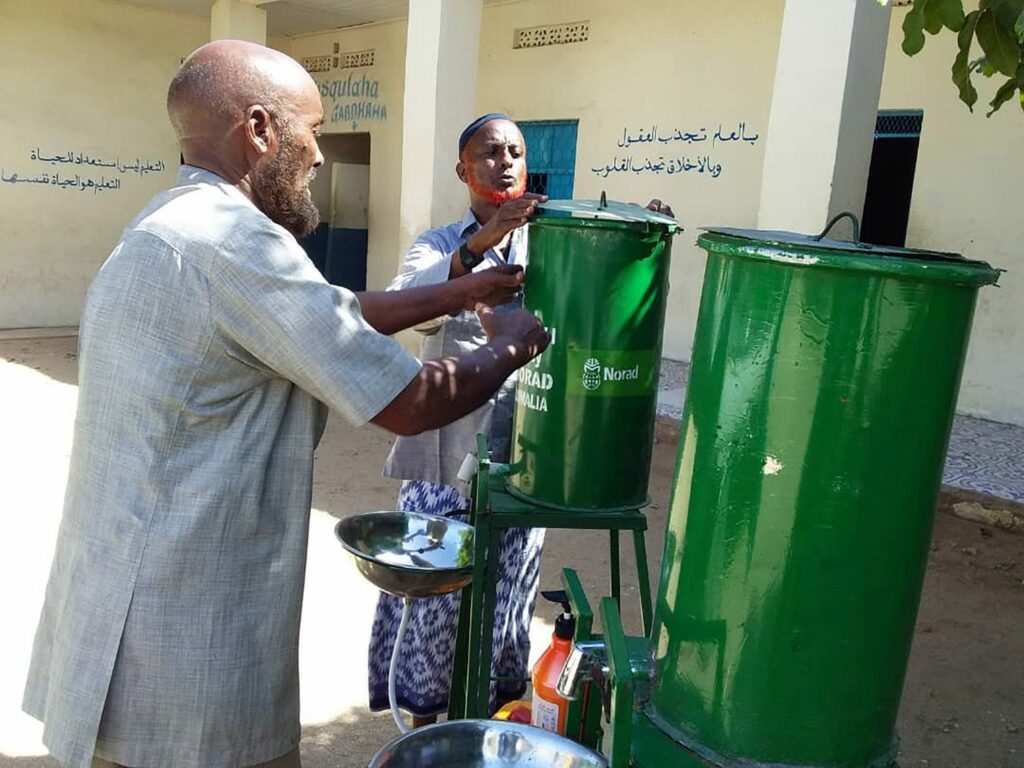
In collaboration with the Ministry of Health in Somalia, the handwashing facilities were distributed to maternal child-care facilities, schools, government institutions and ministries, learning centers, hotels and restaurants, and the seaport in Kismayo District.
“These activities complement previous COVID-19 prevention works that the Ministry of Health and ADRA have done that include radio awareness messages, erecting infographic billboards, community health awareness and distribution of information, and education and communication materials,” Makasoma said.
The three-month COVID-19 response that started in May is supported by the SEAQE Project and funded by NORAD. The response is expected to reach more than 17,000 beneficiaries in Jubbaland and Banadir Regional Administration.
In Somalia, ADRA implements emergency relief and development interventions in livelihoods and economic development, education, renewable energy, water, sanitation, hygiene, and emergency management. ADRA’s work is anchored on a programming approach that recognizes the essence of the communities taking leadership in their own development.
ADRA, through NORAD and ADRA in Norway, has been supporting Kismayo Technical Institute since 2015. Cumulatively, 1,758 (1,142 male and 616 female) youth and vulnerable women have been trained in vocational skills. The institute currently has 300 students and offers six technical and vocational courses, including electrical, welding, carpentry, auto mechanics, computer studies, and garment making.
The original version of this story was posted by the Adventist Development and Relief Agency.


